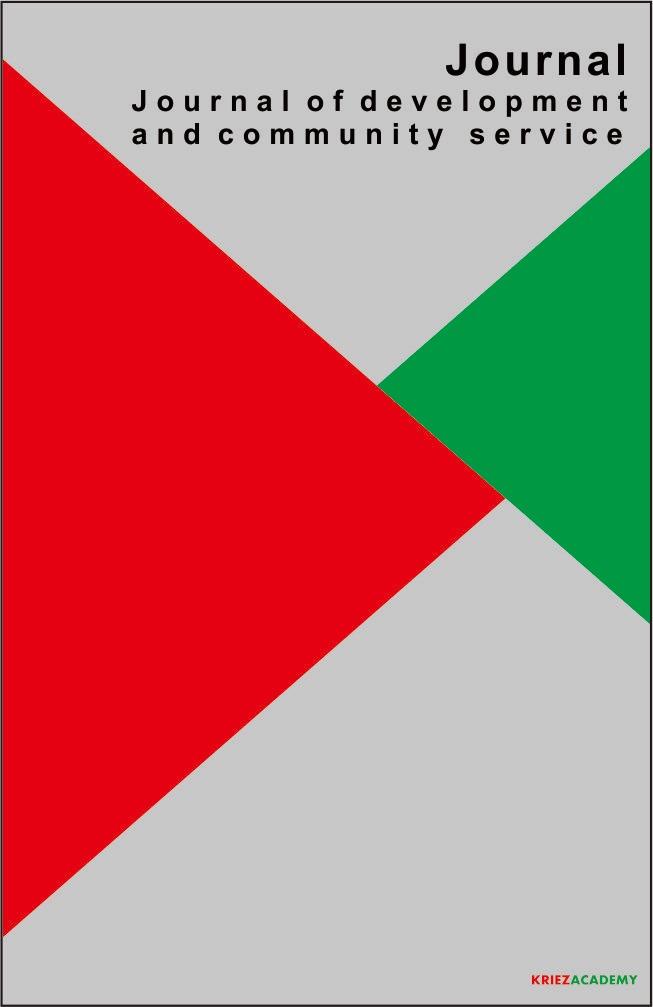Strategic Human Capital Development in Hybrid Work Models: A Study of Employee Performance in Indonesian Startups
Keywords:
human capital, hybrid work, employee performance, startup, Indonesia, digital transformation, organizational agility, strategic human resourcesAbstract
The global shift toward hybrid work models, accelerated by the COVID-19 pandemic, has fundamentally reshaped the strategic imperatives of human capital management. This paper examines the intricate relationship between the implementation of hybrid work arrangements, strategic human capital development, and employee performance within the dynamic context of Indonesian startups. Using a sequential mixed-methods research design, the study synthesizes data from a quantitative survey of 250 startup employees in major urban hubs (Jakarta, Bandung, and Surabaya) with qualitative insights from in-depth interviews with 15 HR managers and founders. The research identifies key factors that enable and hinder productivity and engagement in flexible work environments. Findings indicate that a structured hybrid work strategy, supported by effective digital collaboration tools, adaptive HR policies, and a focus on asynchronous communication, is positively correlated with a 25% increase in employee productivity. Conversely, challenges such as digital burnout, employee isolation, and the persistence of traditional, hierarchical leadership styles emerged as significant barriers. This paper proposes that strategic human capital development in this new paradigm requires a holistic approach that integrates technological adaptation with a human-centric focus on upskilling, clear performance metrics, and a culture of inclusive leadership. The study concludes with actionable recommendations for Indonesian startups to better attract, retain, and empower their talent, positioning them for sustainable growth and innovation in the evolving future of work.
Downloads
References
Bandura, A. (1986). Social Foundations of Thought and Action: A Social Cognitive Theory.
Prentice-Hall. Becker, G. S. (1964). Human Capital: A Theoretical and Empirical Analysis, with Special Reference to Education. University of Chicago Press.
BPS Indonesia. (2023). Tren Tenaga Kerja Digital Indonesia 2023. Retrieved from www.bps.go.id
Deloitte Indonesia. (2023). The Future of Work in ASEAN Startups. Jakarta: Deloitte Insights.
Gojek & Google for Startups. (2022). Remote Work Culture in Indonesian Tech Firms. Jakarta.
McKinsey & Company. (2022). Hybrid Work: Making It Fit for Startups. Retrieved from www.mckinsey.com
Ryan, R. M. & Deci, E. L. (2000). Self-determination theory and the facilitation of intrinsic motivation, social development, and well-being. American Psychologist, 55(1), 68–78.
World Economic Forum. (2021). Human Capital Outlook 2025. Retrieved from www.weforum.org
Wright, P. M. & McMahan, G. C. (1992). Theoretical perspectives for strategic human resource management. Journal of Management, 18(2), 295–320. Bloom, N., Liang, J.,
Roberts, J., & Ying, Z. J. (2015). Does working from home work? Evidence from a Chinese experiment. The Quarterly Journal of Economics, 130(1), 385–440.

Downloads
Published
Issue
Section
License
Copyright (c) 2024 Endang Ruchiyat (Author)

This work is licensed under a Creative Commons Attribution-ShareAlike 4.0 International License.












